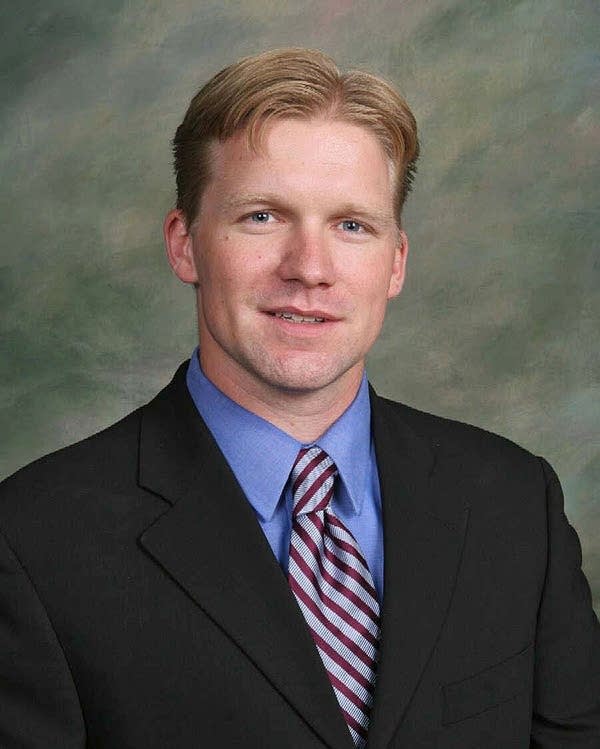Why I said 'no' to my employer's health plan

On July 1, the day after graduating from a three-year residency in family medicine, I dropped my employer-based health insurance.
I learned in medical school that addressing the ills of an individual patient cannot be separated from addressing the ills of a health system as a whole. For me, uncoupling my employer from my health insurance provider is a first step toward a clear understanding of America's health care system.
In the United States, employers provide a health insurance benefit for about half the people who need it. Many of my patients belong to the other half.
The other half also works hard, also pays taxes and depends largely on the individual insurance market to find an affordable health insurance option. Many of them don't find one. My concern is that this other half of the market is not being treated justly.
Create a More Connected Minnesota
MPR News is your trusted resource for the news you need. With your support, MPR News brings accessible, courageous journalism and authentic conversation to everyone - free of paywalls and barriers. Your gift makes a difference.
I wonder how many participants in America's health care reform negotiations are members of the non-employer-subsidized half of the insurance pool. I wonder how many elected officials, pundits and health policy experts understand the concerns of that other half.
Physicians do not practice medicine in a bubble. Although our professional organizations have often been inarticulate, and indeed counterproductive when it comes to health reform, most physicians are working on the front lines of the health care crisis every day.
America's patchwork health insurance system is inadequate. It hinders physicians' ability to care for our patients at nearly every turn. It has also been shown to make many of our patients sicker faster and die sooner.
My goal in venturing into the individual health insurance market is to add first-hand knowledge of the patient's side of the system to my current experience from the physician's point of view.
I hope to assume the role of the fabled empowered health care consumer. One of the most persistent theories in American health policy is that the key to excellent, affordable health care is for consumers to make shrewd purchasing decisions when it comes to health insurance. Physicians treat people as patients, not as consumers, so it is an unfamiliar idea to most of us.
Regardless, after seven years of medical education, I should be one of the most empowered health care consumers out there, and should be able to make exceptionally good health care purchasing decisions.
Like any other scientist -- and like any of my colleagues studying diabetes or osteoarthritis -- I will gather information, formulate hypotheses and report my findings. My hope is to help my fellow consumers make better decisions, and to gain insight into where the system might be improved.
So far the experience has been challenging, pitting the value I place on preventive care and high quality against my sense of economic feasibility. The complex menu of available insurance options has led me to believe that the first thing empowered health care consumers need to decide is whether we want to purchase health care or health insurance.
The most affordable products out there are high-deductible plans that may qualify as health "insurance," in a sense, but they certainly are not healthy or caring by any stretch of the imagination.
I hope my experience as a health care consumer will teach me how to help my patients with a problem that medical school never taught me to treat.
----
Will Nicholson, M.D., practices family medicine in Maplewood.
